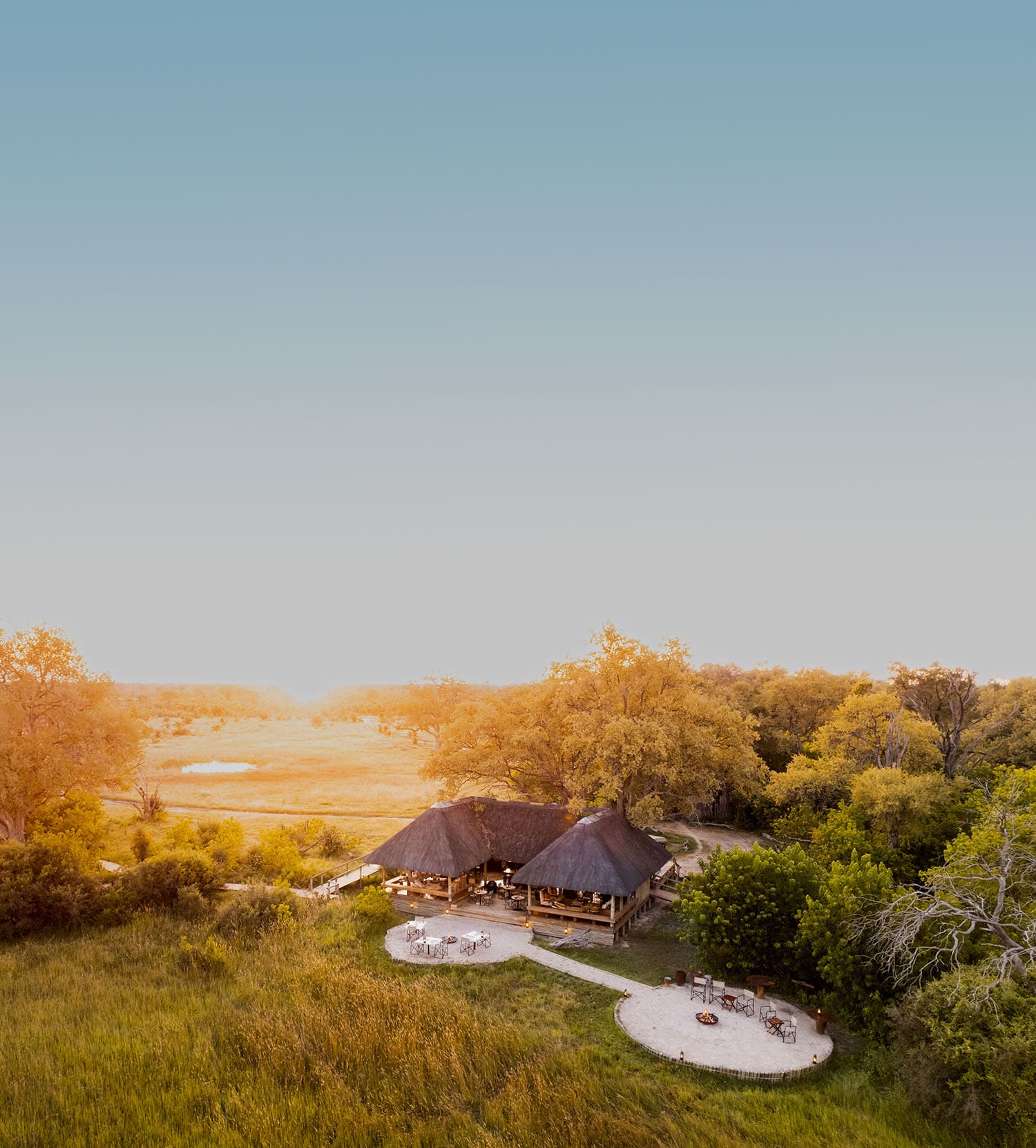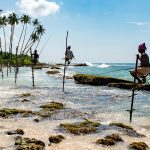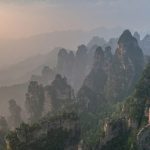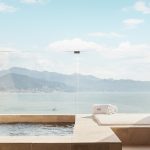Natural Selection tours follow long-standing elephant trails
IAN STALKER
Africa tour company Natural Selection is inviting wildlife enthusiasts to use a transportation mode in Botswana that it says will quietly enable them to approach some of the critters that lured them to the wildlife-rich country in the first place.
Natural Selection’s 6-night Botswana Guided Cycling Safari has wildlife safaris that use bicycles, rather than the four-wheel-drive vehicles that are the norm on African safaris and in doing so undertake what the company states will be their “wildest ride” ever.
The trip showcases part of the Okavango Delta, known for its abundant wildlife. Among animals that may be spotted are elephants, lions, buffalo, wild dogs, honey badgers, giraffes and possibly elusive pangolins.
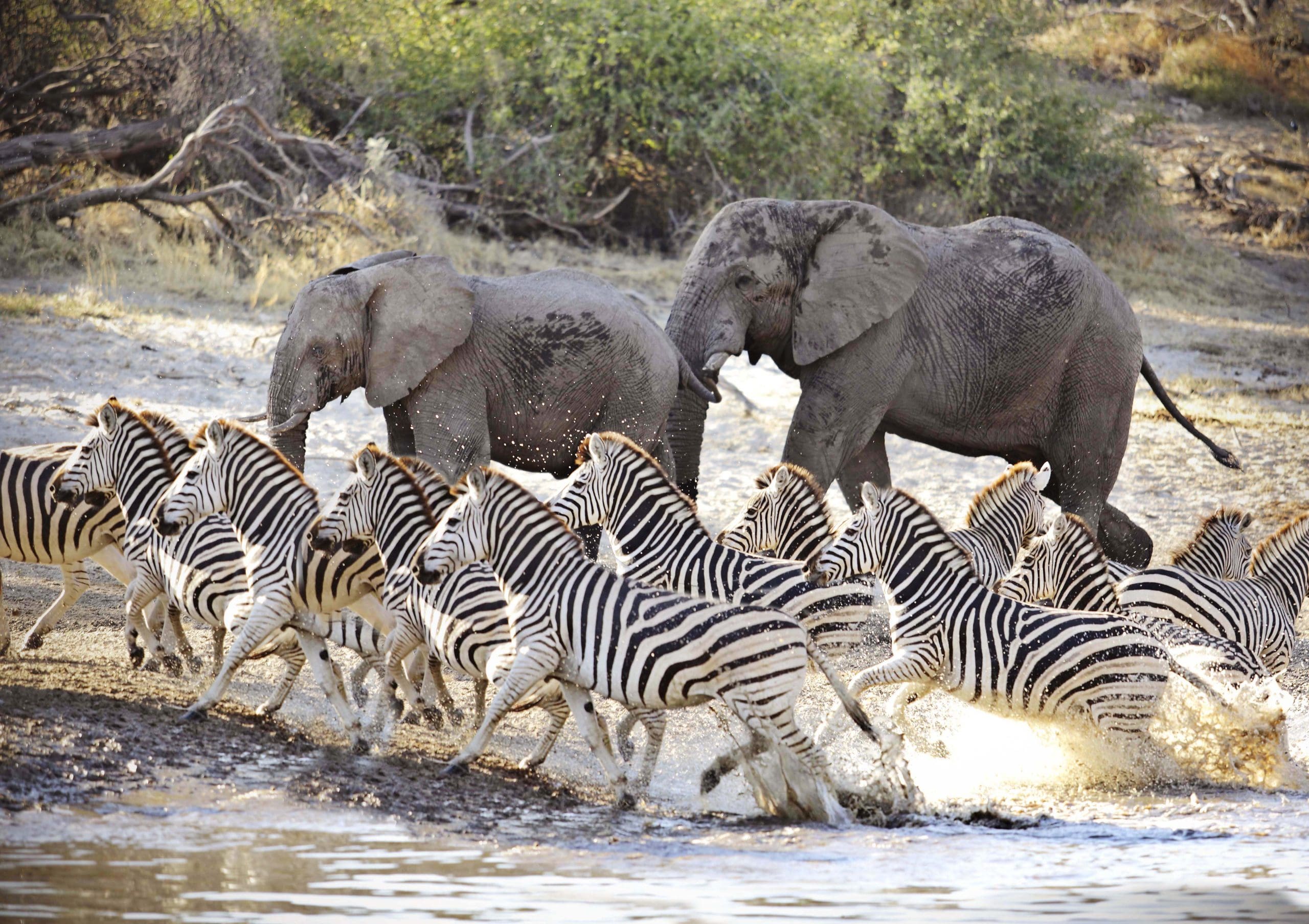
“Bikes are silent like walking, so we can always listen to the sounds of the bush and view animals in their natural behaviour. A more natural experience than driving in a vehicle,” says Natural Selections’ guide Kyle MacIntyre, who dreamed up the tour. “We navigate using naturally made single tracks through a variety of areas and like our ancestors be one of the many species on their daily commute.
“It’s amazing to put your wheels in the trails of animals and find out where and why they used these to go to water, grasslands and shady forests.”
There will be guides at front and back of the group.
Participants will overnight in “luxury mobile safari camps” and can spend the last on a five-foot-high platform, with only a mosquito net between them and a “blanket of a billion stars.”
MacIntyre recommends the cycling excursions be at least three hours a day, with the distance depending on the group of friends who decide to ride together.
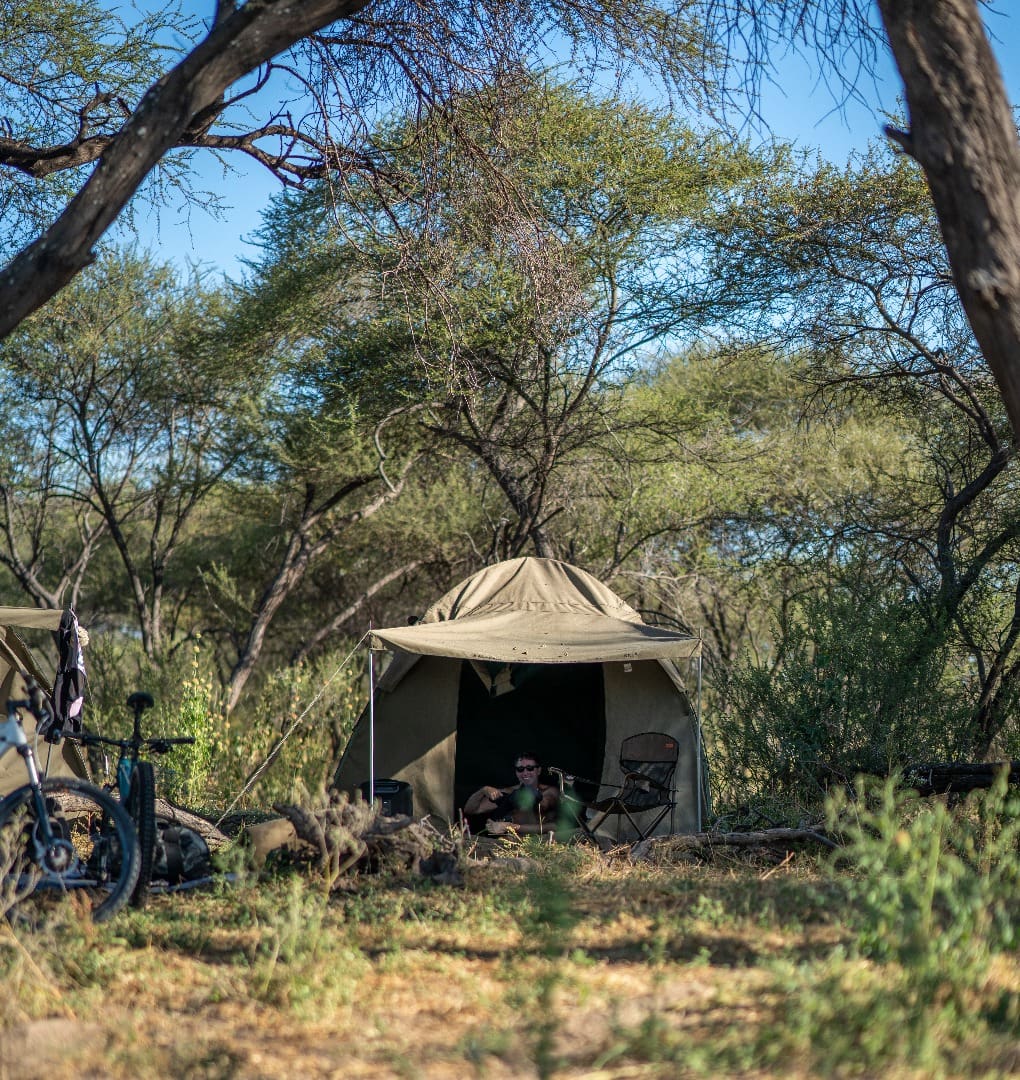
“We will be able to gauge this from our first ride together as it’s less about distance but about time in the saddle as we can take our time at scenic spots to walk around a waterhole looking at tracks and signs or watch an animal walking by us undetected,” he says. “We personally recommend a 30-50 km ride as you get to experience more of the trails and points of interest we have identified but simply the experience of riding in the bush is more than enough.”
A support vehicle is available, as is mechanical support. Charging is available for E-bikes.
MacIntyre says cycling is a new option for those wanting to view wildlife and allows them to move quietly in an engine-free manner, increasing the chance of sighting animals undetected, and covering greater distances than walking safaris allow for and be more in tune with the bush.
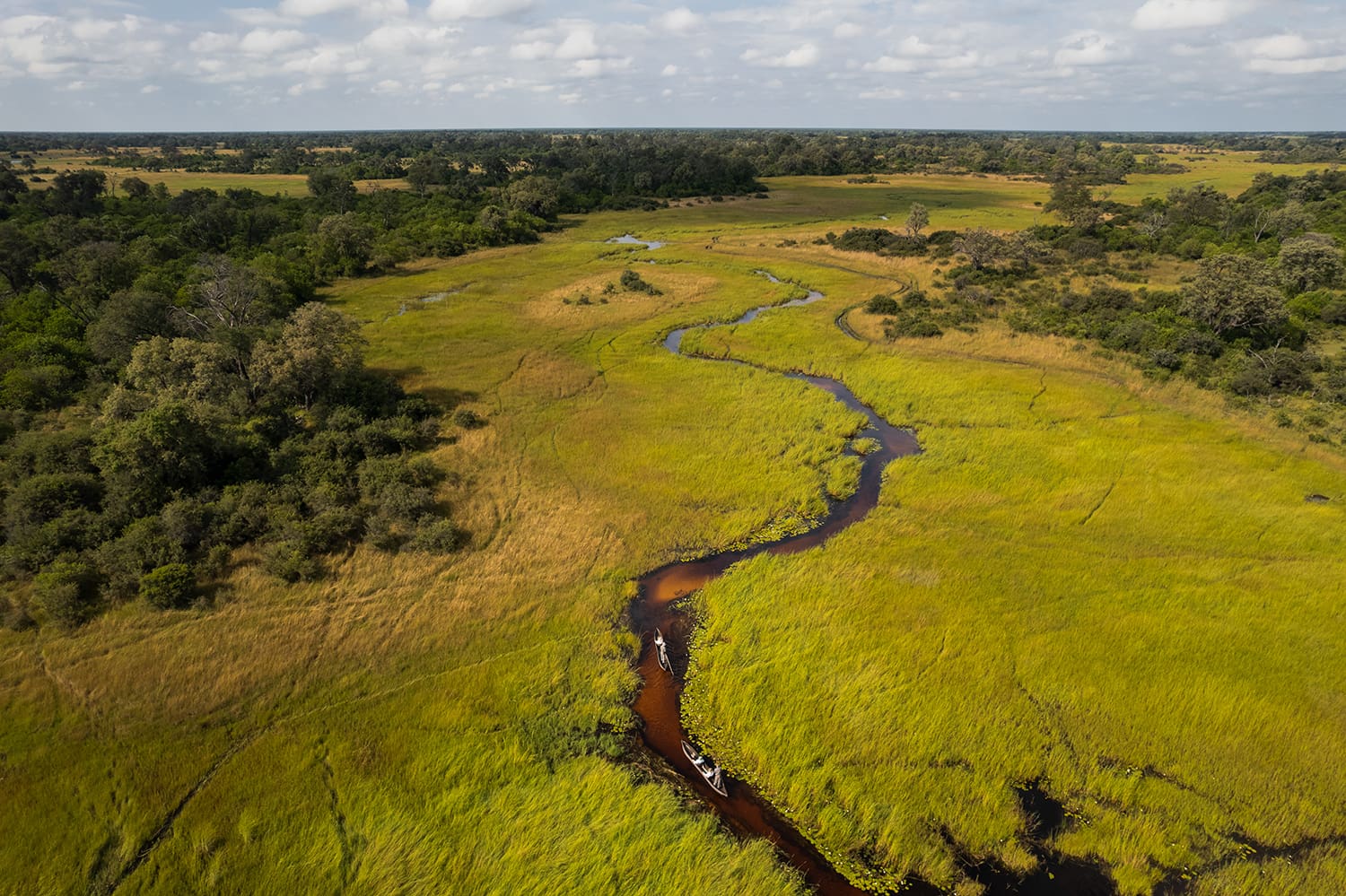
“You can immerse yourself in the bush on animals paths, away from all signs of man, including Jeep tracks,” Macintyre adds.
The bike tours are the first such tours in Northern Botswana and the Okavango Delta, and Makgadikgadi Salt Pans.
MacIntyre says the tours are safe: “We ride in marginal wildlife areas where the big emphasis is on riding in the bush and if we see any animals, it is a bonus. We keep a safe distance from animals, seeing them before they see us, whereas in a vehicle, they hear your engine and looking in your direction will spot you first.
“We do at times see wildlife at closer distances but, like when walking, we use our experience to read and manage each sighting. We have come across some incredible sightings as wildlife have never seen people on bicycles and are like humans seeing something alien — wide-eyed and happy to keep a good distance away from us. This includes your potentially dangerous animals.
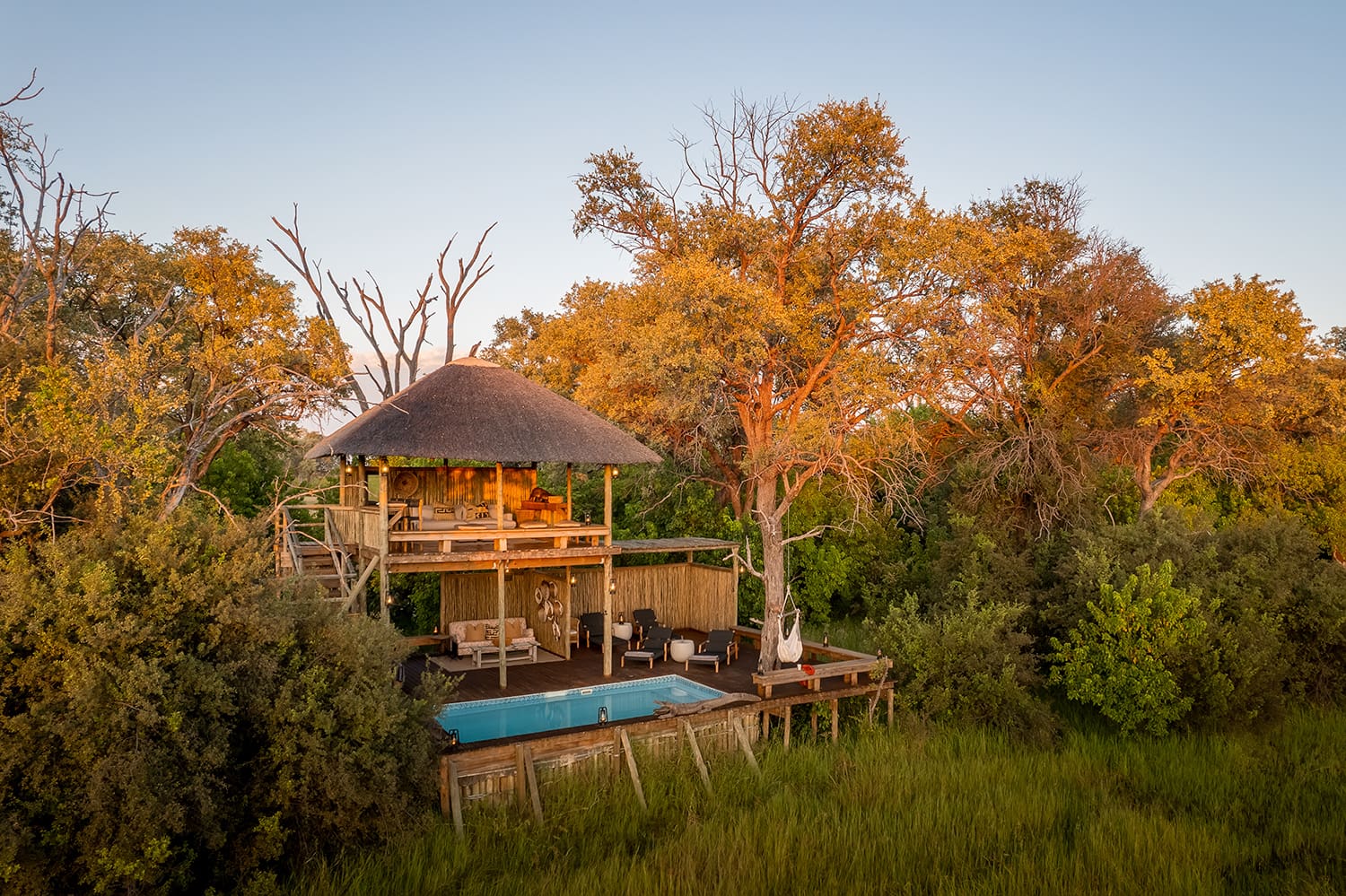
“It is a higher-risk activity than in a vehicle, and like with a walking activity we have an experienced lead and backup cycle guide.
“Over the years of walking and cycling we have viewed all potentially dangerous animals safely.”
MacIntyre recommends participants bring their own bikes, which he suggests should have slightly wider tires(+-2.6 inch) and rear suspension, making for a more comfortable ride.
Those who don’t have a bike can provide the company with background information and it should be able to assist them.
MacIntyre adds cycling in the area is something of a family affair.
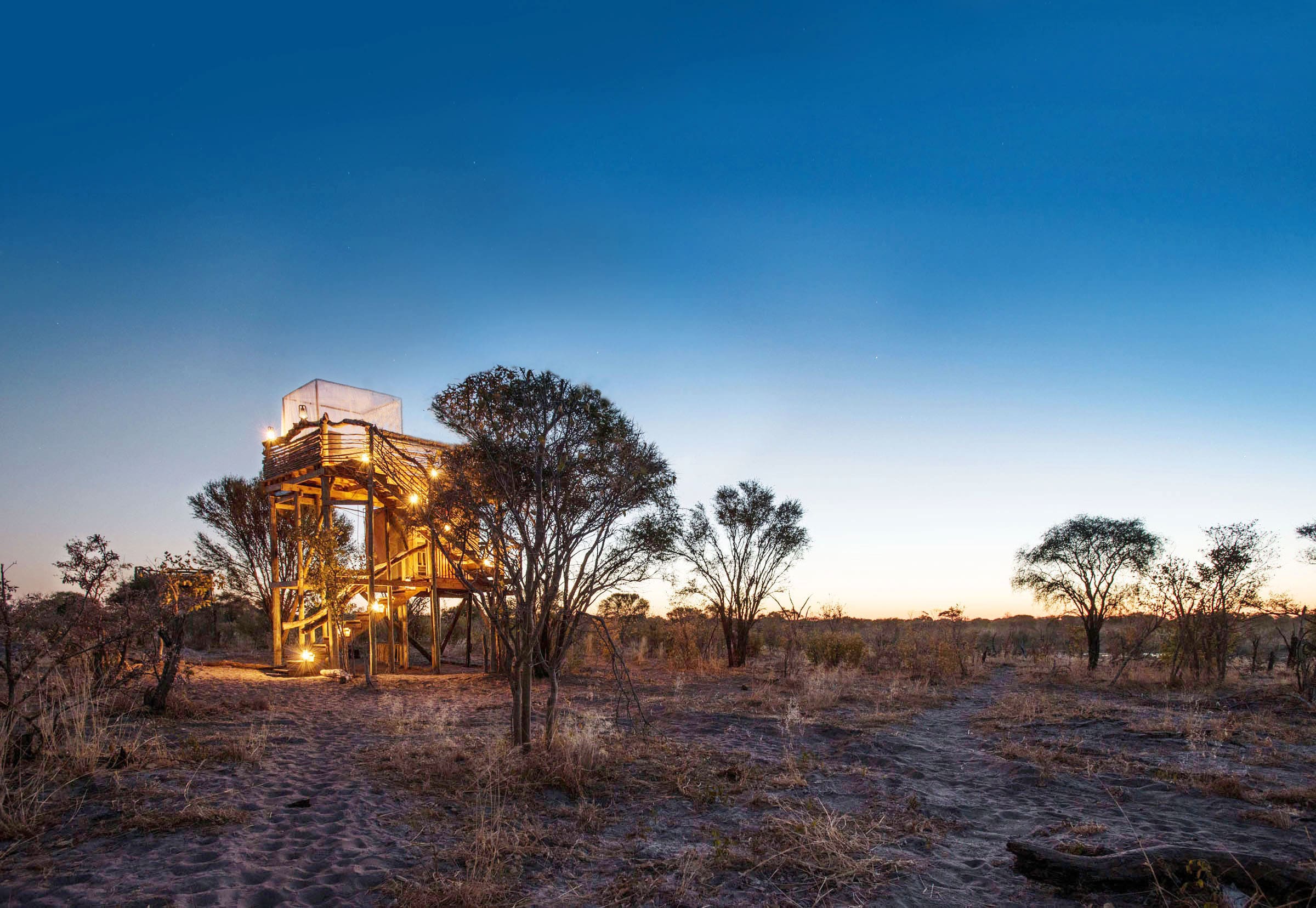
“My father started cycling in areas with not so much game and came across main elephant trails that are centuries old and was fascinated by their network of walkways,” he says.
“We began to follow and map them, which became a passion which corresponded to areas with no roads and marginal wildlife that aren’t used for mass tourism. This can contribute to these areas, creating a positive presence and benefit the communities.
“I started cycling with my father Chris MacIntyre 12 years ago when I was old enough to join. He cofounded Wilderness Safaris with Colin Bell. We are involved with Natural Selection and their conservation projects, it’s great to be part of.
“We take it for granted that we can cycle 50 minutes from our house in Maun to be able to see all the wildlife and it’s not even a reserve.”
More information is available at naturalselection.travel.
